Istanbul talks: New diplomatic push between Russia and Ukraine Experts break down the prospects for peace
For the first time in three years, Russia and Ukraine may sit down at the negotiating table for direct talks. Istanbul has been chosen as the venue to discuss the possibility of ending hostilities. In the lead-up to the meeting, the key positions of both sides have become clearer, along with the roles of mediators, including Türkiye and the United States.
Turkish, Russian, and Ukrainian experts shared their forecasts with Caliber.Az on what to expect from the talks in Istanbul and whether any productive agreements might be reached.
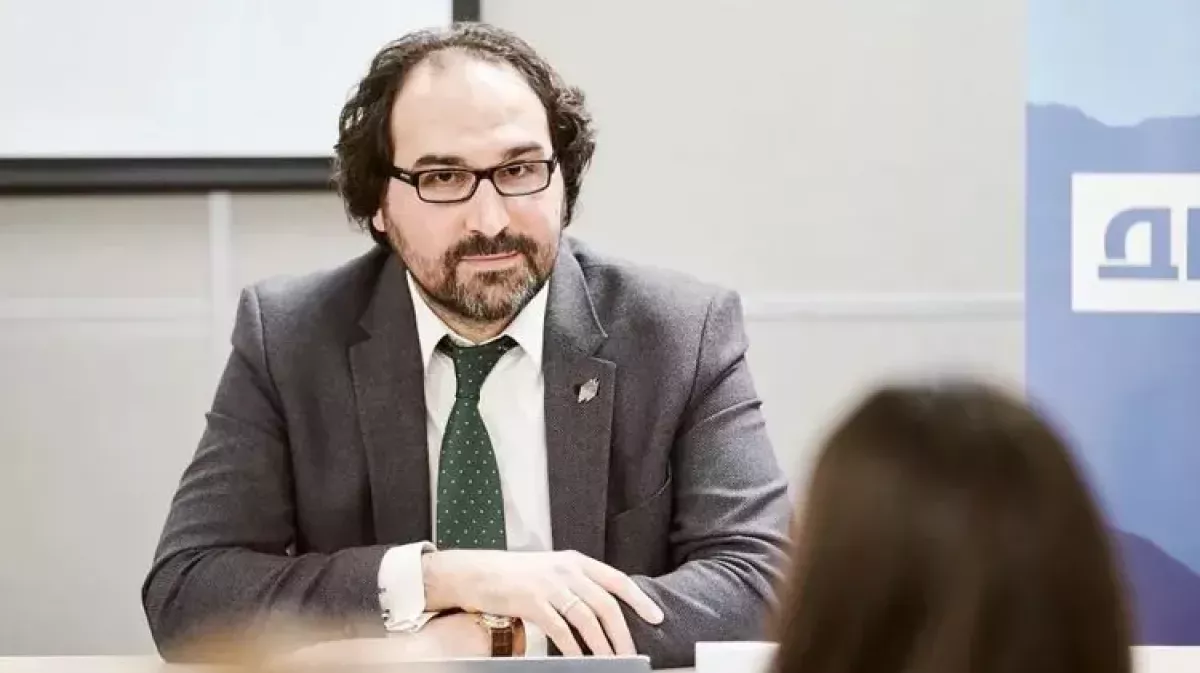
Turkish political analyst Kerim Has believes that what is currently taking place is, on one hand, a bargaining process, and on the other — a discussion about the format of participation, particularly from the Russian side. In addition, there is clearly significant pressure being exerted by the United States on both parties.
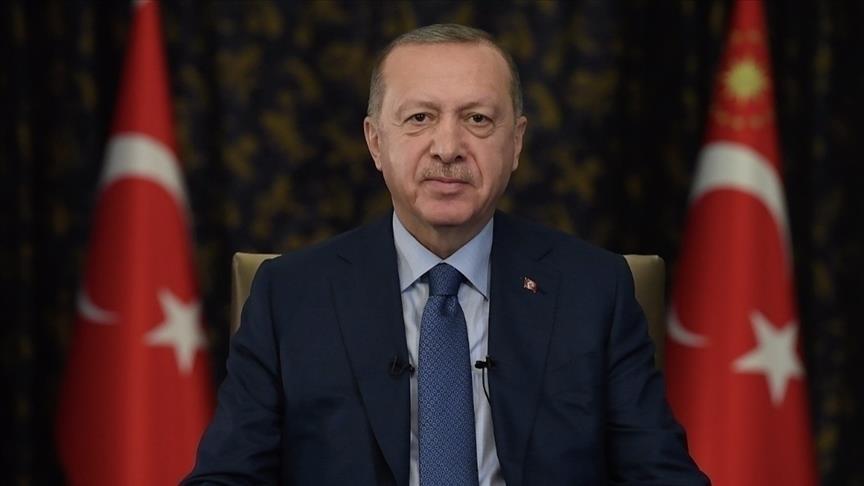
“As for Türkiye's role and that of President Erdoğan personally, it primarily lies in providing the venue and creating the conditions necessary for these talks. This is an important but more auxiliary and organisational function. Türkiye is acting as a facilitator rather than a mediator in the classical diplomatic sense — its task is to support the process rather than directly influence the course of negotiations. Most likely, the talks themselves will be bilateral — between Russia and Ukraine — without direct involvement from third parties, although a Turkish representative will likely open the meeting,” the Turkish analyst suggested.
According to the expert, the prospects of reaching concrete agreements on May 15 remain very unclear. The positions of the two sides are still diametrically opposed. Russia insists on Ukraine’s neutral status and raises territorial issues — from Crimea to the newly annexed regions. Ukraine, for its part, is not prepared to recognise even Crimea as part of Russia, let alone other territories. There are also additional complex matters on the table, such as control over the Dnipro River, access to the Black Sea, and limiting Ukraine’s military capabilities — all of which were already discussed during the negotiations in Istanbul three years ago.
“It is realistic to assume that the parties could, at best, agree on a short-term ceasefire — for example, for 30 days. Without external pressure, particularly from the United States, one should not expect constructive or long-term agreements. Both Russia and Ukraine are essentially seeking to secure American support — whether the talks succeed or fail.
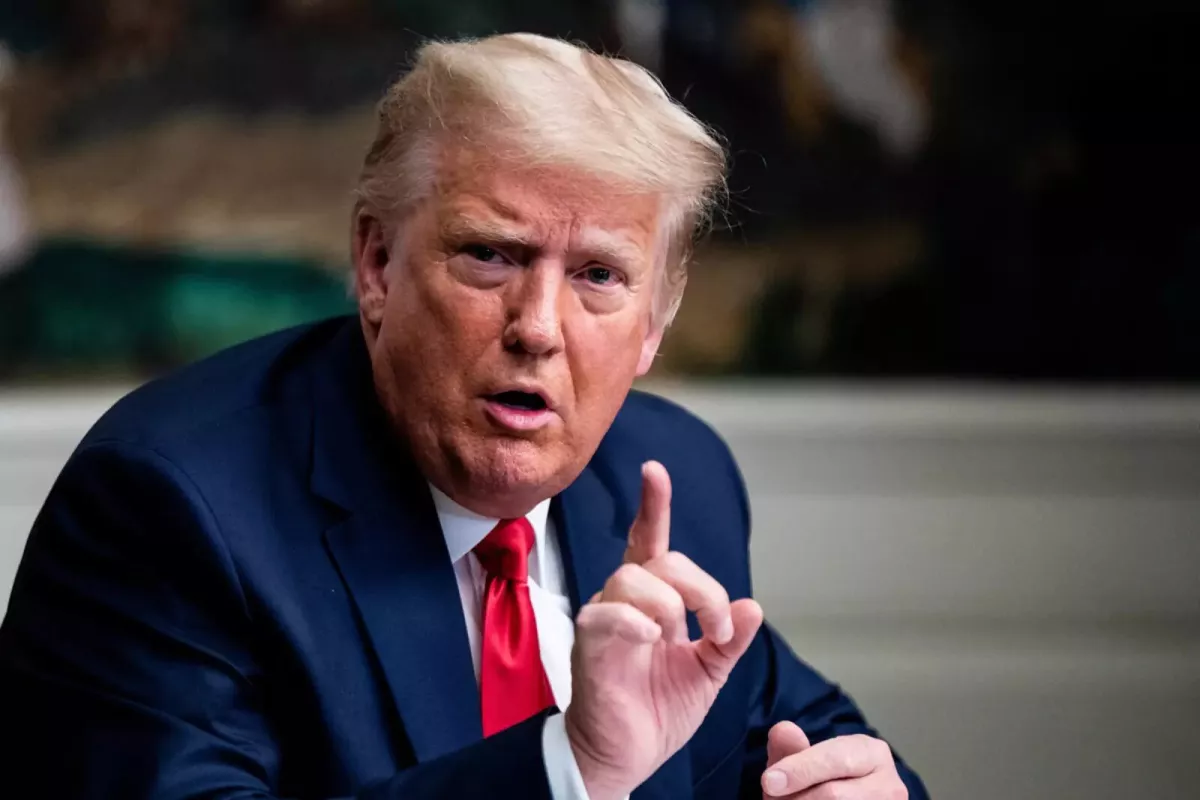
Moscow will aim to shift the blame for a possible breakdown in the negotiations onto Kyiv — and vice versa — in order to appear more credible in the eyes of the United States, particularly President Trump.
One of Moscow’s key objectives is to try to exclude the U.S. from the negotiation process or at least ensure that Washington does not align itself fully with Europe and Ukraine if the talks fail. In this context, Türkiye plays an important but limited role. Its significance lies in organising the meeting and maintaining contacts with both the West and Russia. Ankara’s constructive relationship with Washington allows it to retain a certain degree of influence. However, the key mediator remains the United States.
So, the talks in Istanbul are undoubtedly an important step. Even the mere fact that, after three years, the sides are once again sitting at the same table is already a signal. But they should be approached with cautious optimism,” Has emphasised.
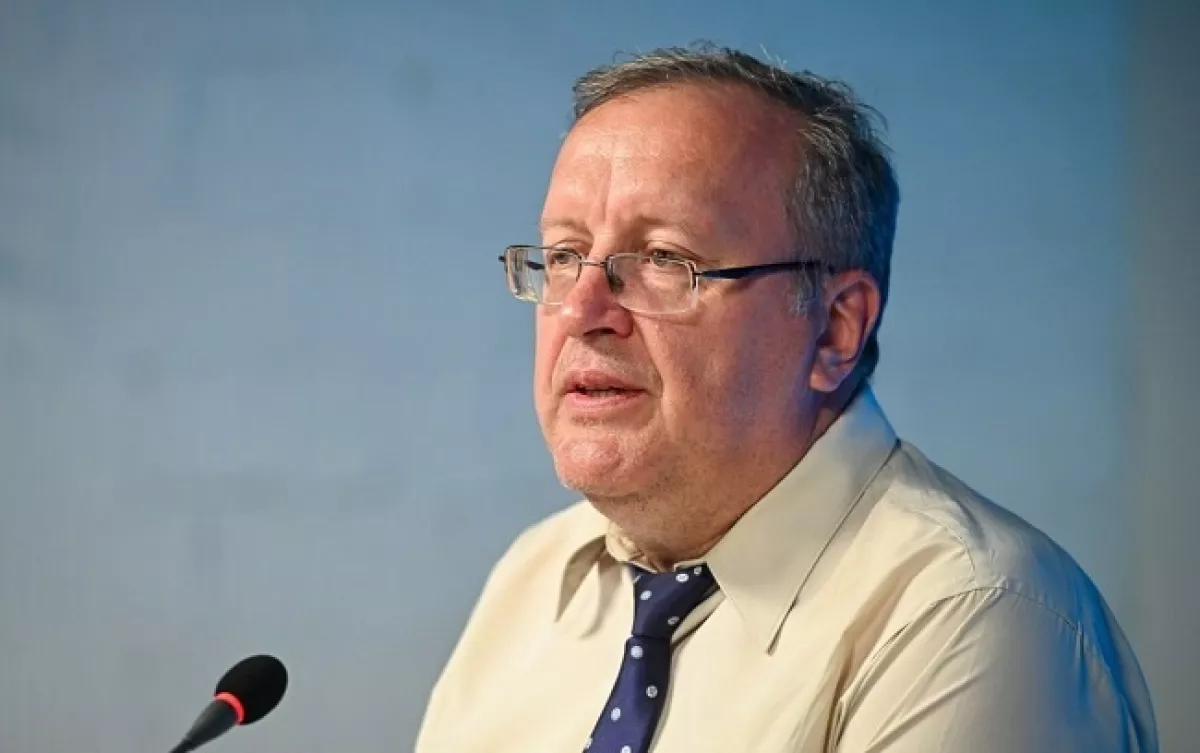
According to Russian political scientist and Doctor of Economics, Professor at St. Petersburg State University Stanislav Tkachenko, Vladimir Putin’s proposal to hold direct talks between Russia and Ukraine to end the military conflict — made in an unusually dramatic manner (a late-night press conference convened in one of the Kremlin’s halls) — came as a surprise to experts both inside the country and abroad. It has already become part of diplomatic history, and initial observations can now be made.
“In Russia, the perception has firmly taken hold that the special military operation is approaching its conclusion, and therefore, the time has come to develop a diplomatic track alongside the military one. Vladimir Putin’s proposals help to outline the key features of this ‘diplomatic track’.
Firstly, Russia is proposing not to start, but to resume negotiations that were frozen at the initiative of the West by Zelenskyy in the spring of 2022. This means the main elements of Russia’s position for future talks are already clear: recognition of Russian sovereignty over Crimea and other eastern Ukrainian regions; Ukrainian neutrality, formalised by a UN Security Council resolution; limits on the size of Ukraine’s armed forces and various categories of heavy weaponry; and the protection of the rights of Russian-speaking populations and the Orthodox Church.
By agreeing to Istanbul as the venue for the negotiations, Ukraine is, in effect, acknowledging the error of its decision three years ago to follow the lead of the United States and the United Kingdom—whom Russia views as the main instigators of the 2004 and 2014 regime changes in Ukraine.
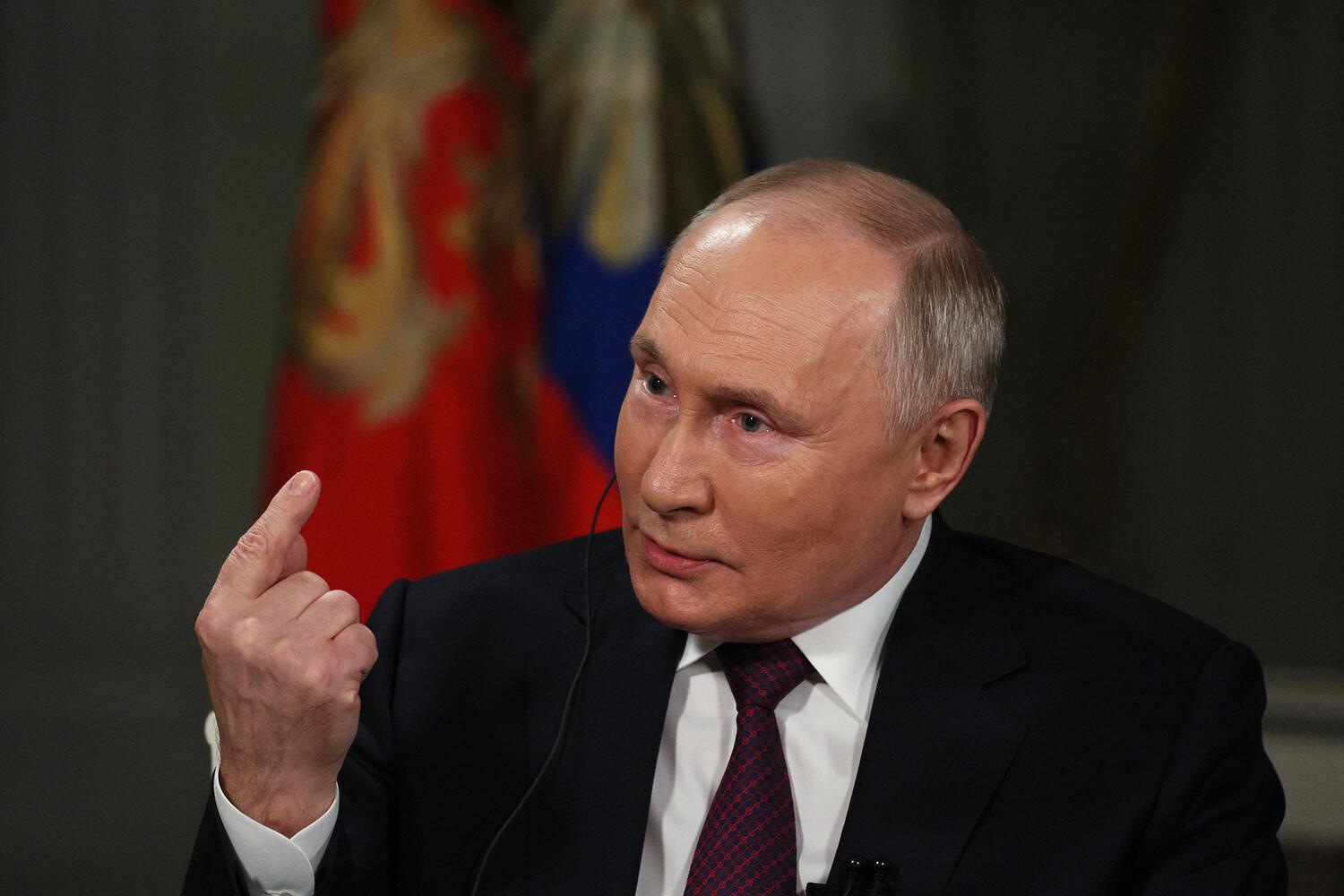
Secondly, Russia is well aware that, following the sidelining of the Donald Trump administration from direct involvement in the conflict, the military campaign against Russia is now being directed from London and Paris, with active support from Berlin, Warsaw, and various EU structures.
Therefore, Vladimir Putin’s complete omission—during his statement on May 11, 2025—of any mention of the attempts by several European countries and institutions to join the Ukrainians at the negotiating table in Istanbul is aimed at diminishing their influence in global affairs. Moscow is, in effect, assigning them the role of provocateurs of an endless and futile military conflict, incapable of offering any real help to a Ukraine that has placed its trust in them,” the political analyst noted.
In his view, the return to Istanbul also speaks volumes — it is likely another attempt by Russia to restore a positive dynamic in its relations with Türkiye. After a period of rapid growth in bilateral ties in 2022, relations between the two countries have since stagnated or even regressed noticeably across nearly all areas.
Türkiye remains a major supplier of arms to Ukraine, adheres to the collective West’s sanctions (particularly actively in the banking and financial sectors), and insists on a version of the “Turkish gas hub” that is highly unfavourable for Russia. President Putin’s visit to Türkiye has been postponed for nearly two years — a clear sign of a cooling in relations.
Therefore, Moscow’s initiative to make Istanbul the diplomatic capital of the Ukrainian peace process is a step aimed at improving bilateral ties and pulling them out of their current state of malaise.
“Today, scepticism dominates in Russia regarding the outcome of the first round of talks between the two sides on May 15 in Istanbul. Kyiv still holds onto the illusion that European countries can ramp up economic and diplomatic pressure on Russia, which would allow it to improve its current catastrophic negotiating position. Moscow disagrees — it has long adapted to Western sanctions.
A new factor in the spring of 2025 is the clear reluctance of the United States to actually strengthen the sanctions regime, and Washington’s evident desire to hand over its management to Europe. Behind closed doors, Moscow and Washington are currently engaged in intensive negotiations on expanding cooperation in energy, Arctic investment, and increasing bilateral trade volumes.
That is why some Russian experts expect that the May 15 talks in Istanbul will amount to a brief exchange of statements outlining the sides’ initial negotiating positions. After that, the talks will likely be suspended and only resume once Ukraine’s position in the special military operation zone deteriorates further, and once all parties to the conflict — including Kyiv — acknowledge the West’s inability to exert meaningful pressure on Russia,” Tkachenko stated.
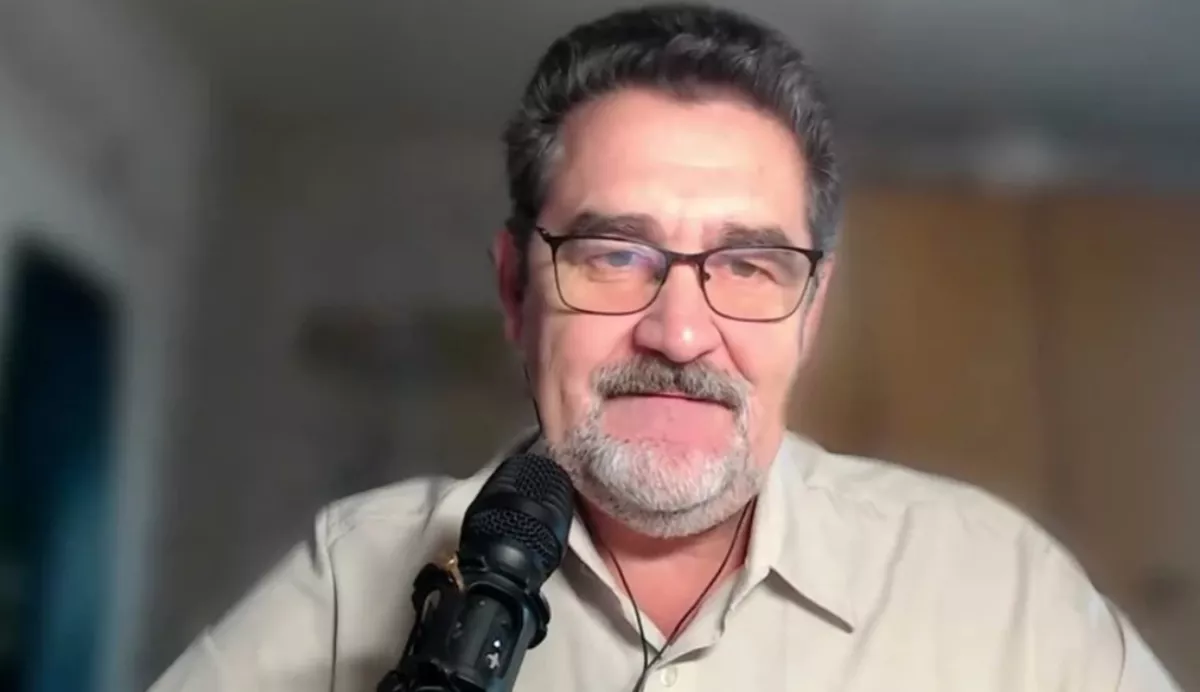
According to Ukrainian political scientist and Executive Director of the Centre for Middle Eastern Studies (Kyiv) Ihor Semyvolos, much at this stage depends on the next steps of the leaders. Zelenskyy has already taken a certain step, and now it’s Putin’s move. The possibility of negotiations will depend on his position. When the talks themselves begin is a more complex question, as it will depend on which side’s position proves to be more realistic and which one will be more favourable to Trump.
“The situation is further complicated by the fact that both Trump and Zelenskyy are non-professional politicians. Their behaviour is less predictable, which makes any attempt at forecasting extremely difficult. Even now, no one can say for certain whether the negotiations will begin or what format they will take — not Putin, not Trump, nor anyone else.
If Putin agrees to negotiations, they could take place with the U.S. as the host country — in this case, the talks would involve Putin, Zelenskyy, and Trump. However, too many factors would have to align for this to happen. Frankly speaking, the likelihood of that is currently extremely low.
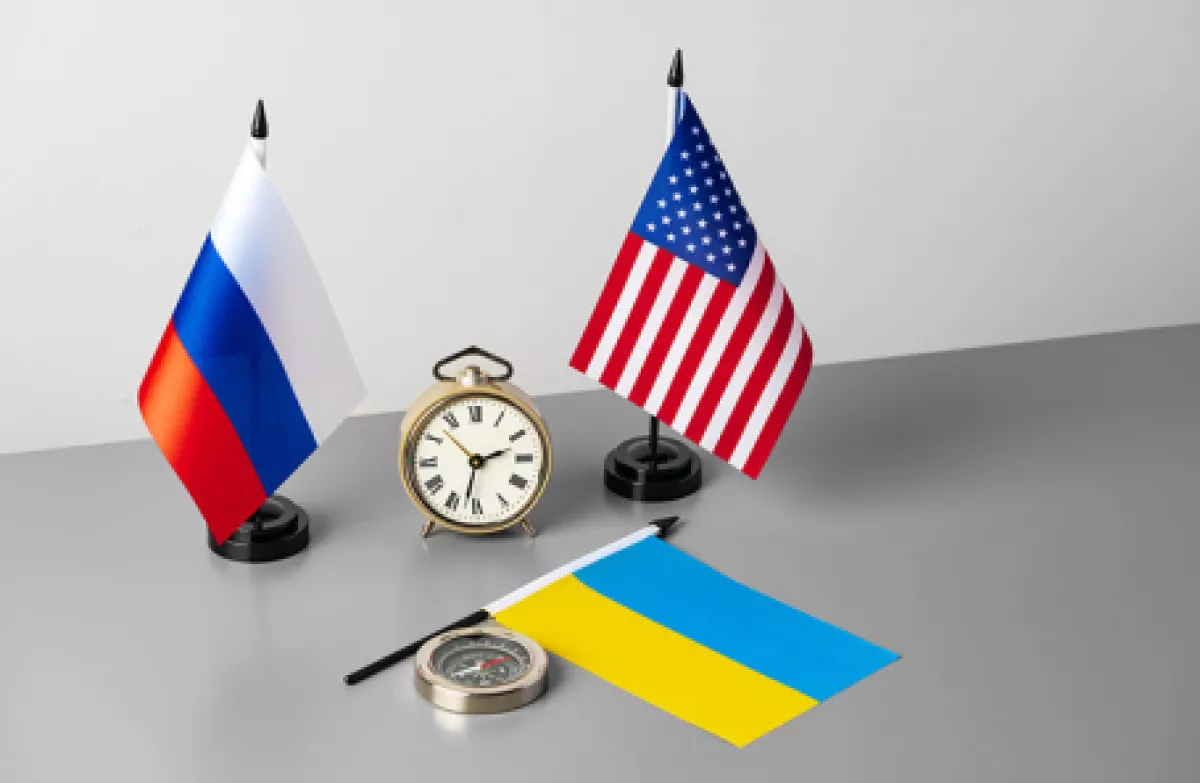
At the same time, Putin needs to secure an agreement with the U.S. — this is his strategic goal. This is the focus of Russian diplomacy: to reach a sort of ‘grand agreement’ with America that, in essence, bypasses Europe, leaves Ukraine aside, and strengthens Russia’s position on the global stage,” the Ukrainian expert believes.
However, he argues that achieving such an agreement is difficult. There is a solid stance within the Western coalition, and despite personal desires, even Trump cannot ignore the European factor.
“Yes, Trump might want to act independently, but the reality is that his previous initiatives did not yield the promised results. So, this is all part of a larger geopolitical chess game, where one of the players — Trump — hardly knows how to play this game. For Putin, a grand agreement with the U.S. is a way to return to high-level politics and sell it to his domestic audience as a victory: lifting sanctions, restoring influence, and so on,” Semyvolos concluded.








